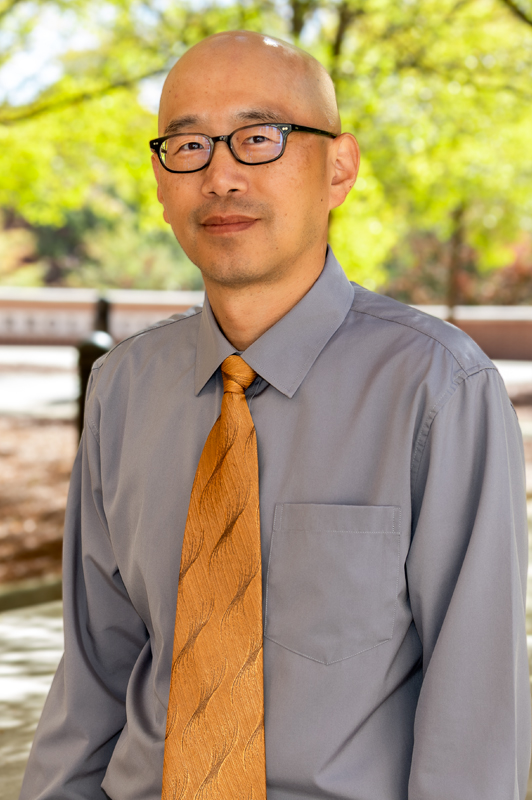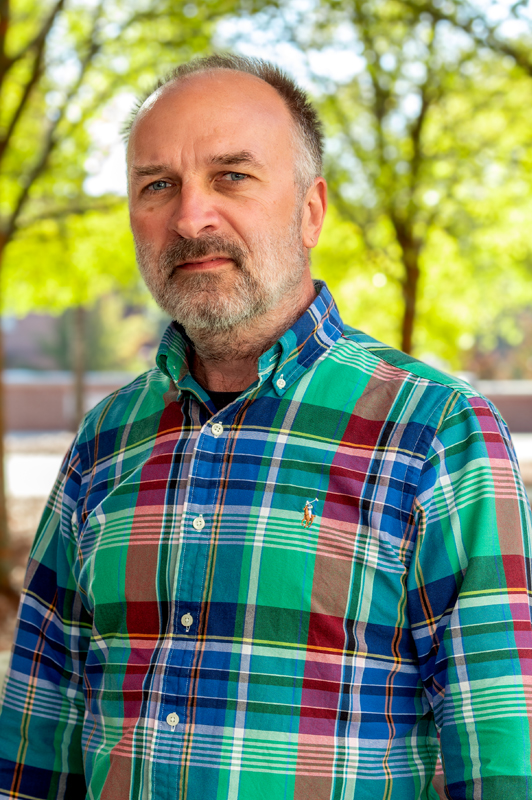Civil engineering professors awarded grant to study wrong-way driving
Published: Jul 9, 2019 11:00 AM
By Austin Phillips
Each year, nearly 400 people are killed as a result of wrong-way driving on freeways, according to the U.S. Department of Transportation’s Federal Highway Administration.
That’s why a pair of Auburn University professors in the Department of Civil Engineering have been awarded a grant to study wrong-way driving solutions.
Professor Huaguo Zhou and Rod Turochy, the James Madison Hunnicutt Professor and director of the Alabama Transportation Assistance Program, were awarded the Transportation Research Board’s National Cooperative Highway Research Program (NCHRP) project titled “Wrong-Way Driving Solutions, Policy and Guidance.” Zhou will serve as principle investigator for this $600,000, 30-month project, and he will lead a team of researchers from Auburn, the University of South Florida, Rowan University and Arora and Associates.
“This project is one of the most prestigious grants a civil engineering faculty member can secure,” said Anton Schindler, the Mountain Spirit Professor of civil engineering and director of the Highway Research Center. “Since all of the country’s elite researchers compete in large teams for NCHRP projects, and only one team is selected by a panel of experts assembled specifically for this project, being awarded an NCHRP project is a career-defining achievement, and indicates that Drs. Zhou and Turochy are considered to be among the nation’s elite transportation engineering faculty by their peers.”
Created in 1962 as a forum for coordinated and collaborative research, the NCHRP addresses issues integral to the state departments of transportation and transportation professionals at all levels of government and the private sector. The NCHRP provides practical, ready-to-implement solutions to pressing problems facing the industry. The NCHRP is administered by the Transportation Research Board, which is part of The National Academies of Sciences, Engineering and Medicine.
As part of this grant, Zhou and Turochy will study the hundreds of fatal wrong-way driving crashes and the thousands of injuries that occur as a result each year. There are many strategies and treatments that agencies can consider for implementation that are designed to address wrong-way maneuvers, ranging from geometric design elements to conventional traffic control devices to various intelligent transportation-based solutions. In addition, new, more advanced technologies are entering the market place and need to be evaluated and included in an overall approach to the problem. The development and compilation of clear guidance could foster a more systematic and uniform installation of roadway geometries, signs, striping and technology, as could a more uniform method for monitoring, measuring and reporting the effectiveness of these installations. The objective of this research is to develop a handbook for practitioners implementing traditional and advanced safety countermeasures to achieve reductions in wrong-way driving incidents and crashes on roadways. In the second phase of the project, a national wrong-way driving summit will be organized to disseminate the handbook and seek feedback from practicing transportation engineers and representatives from all 50 state departments of transportation.
Media Contact: , austinp@auburn.edu, 334-844-2444Related Links

Huaguo Zhou and Rod Turochy



